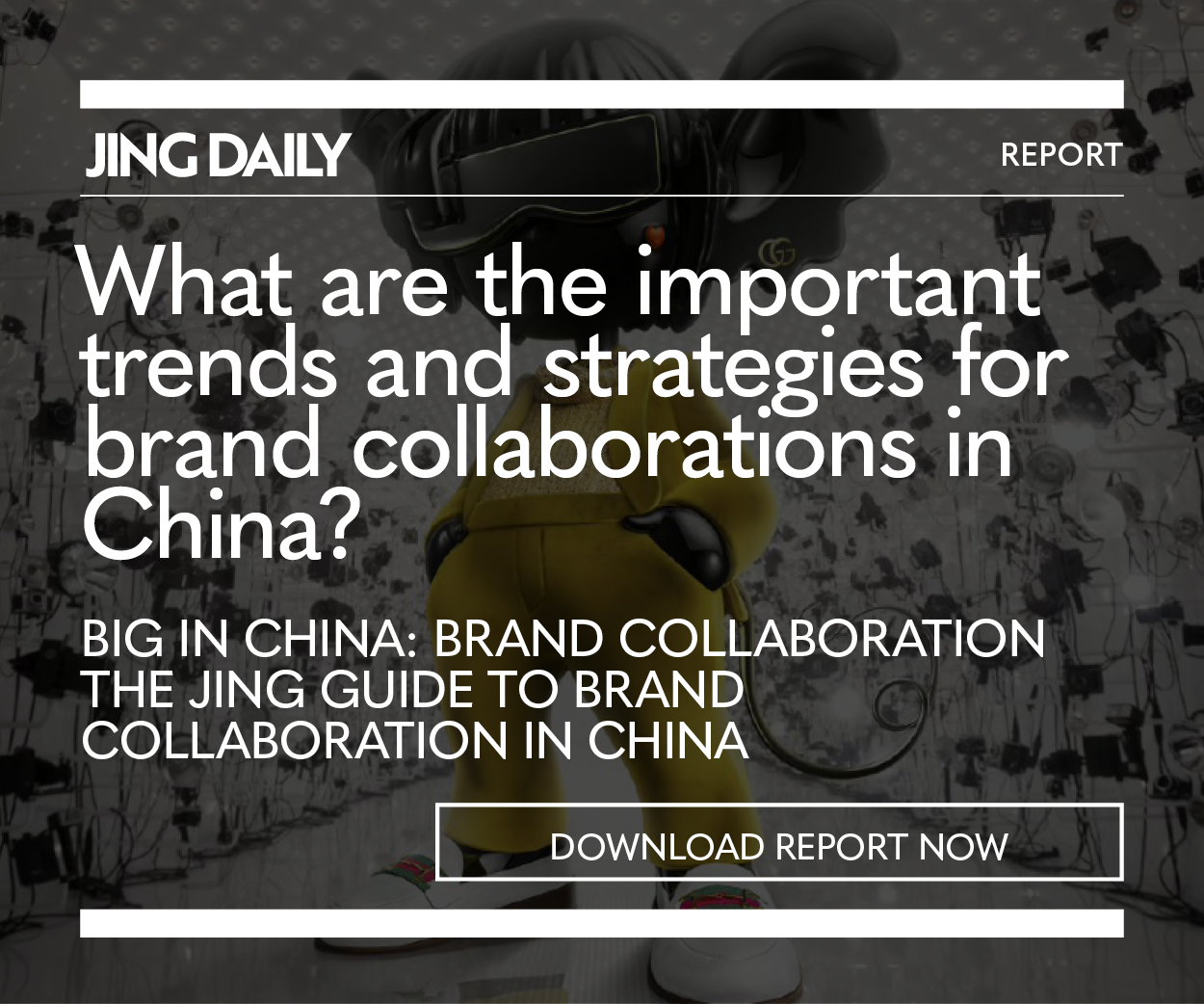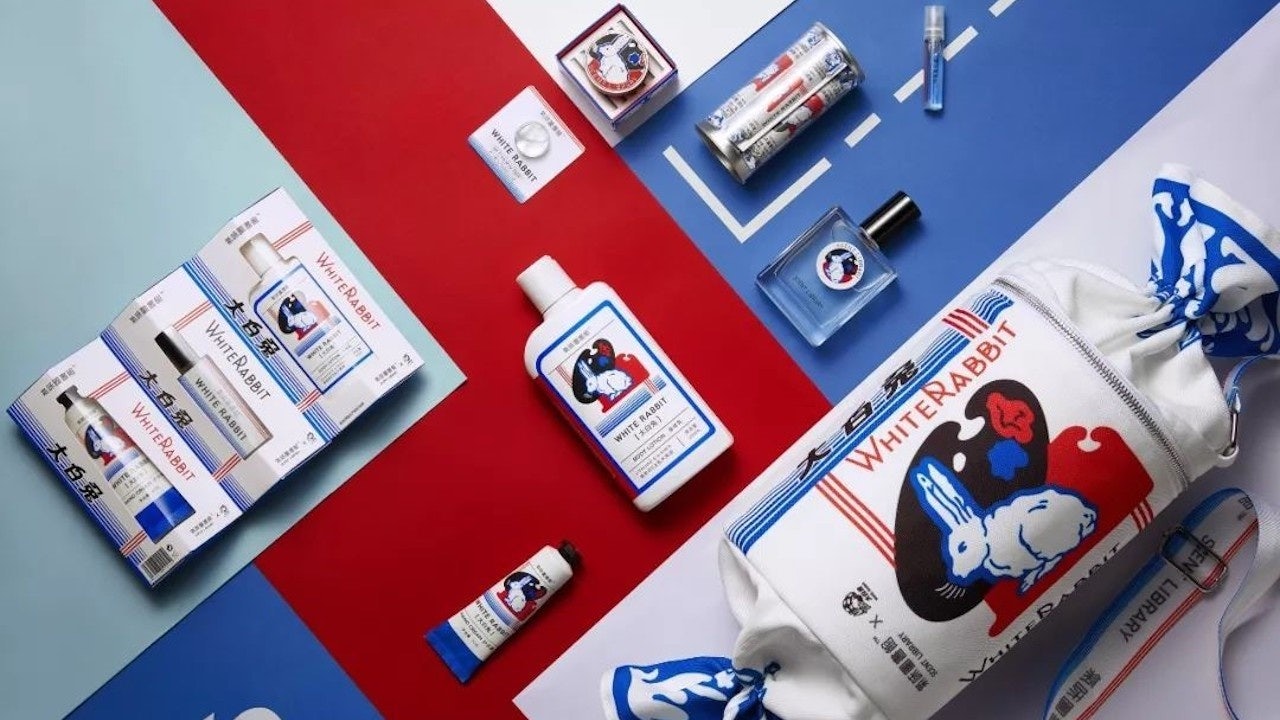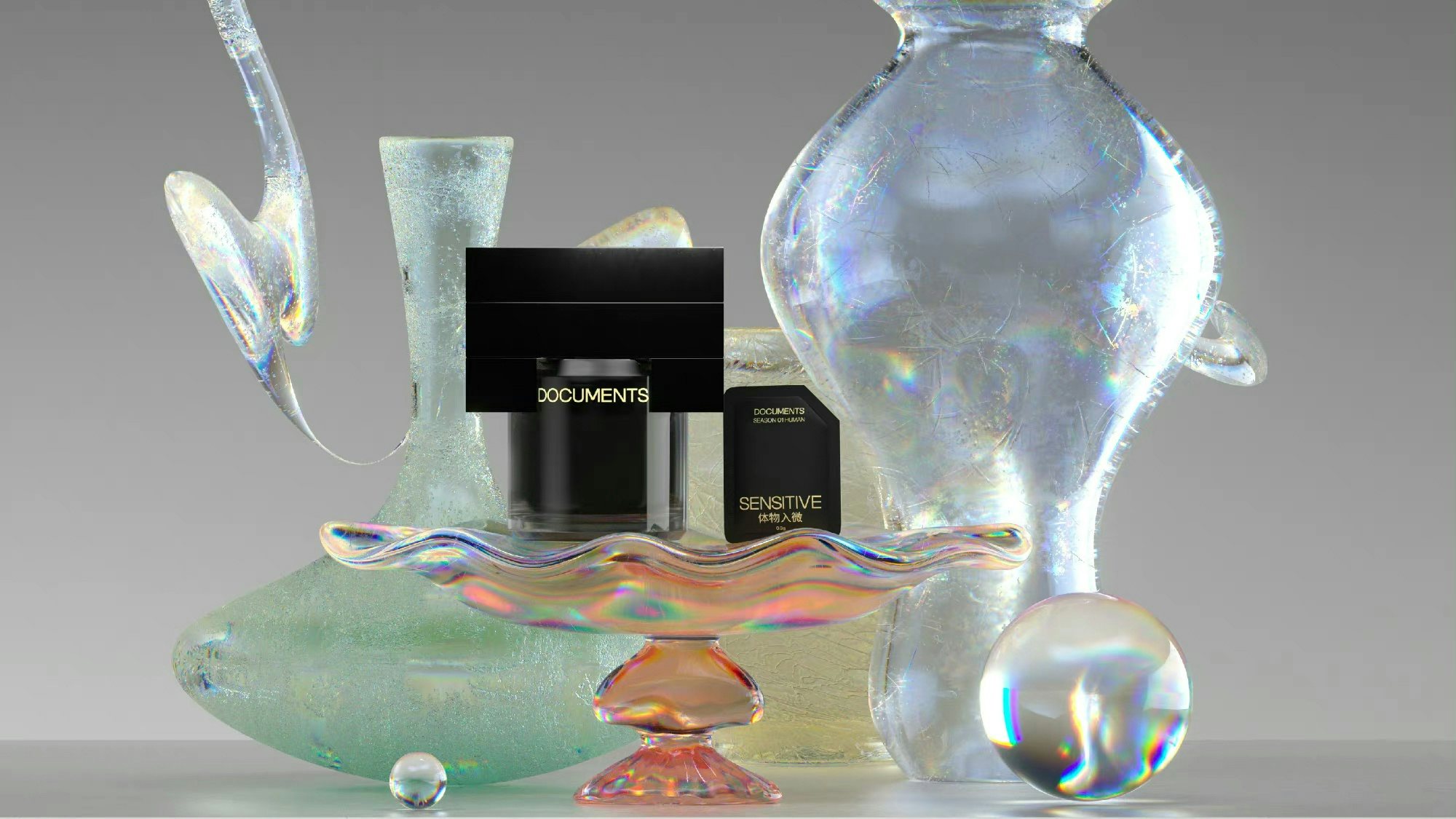With China's economic outlook remaining cloudy due to the country's zero-COVID policy and its unpredictable lockdowns, a deepening real estate crisis and weakening yuan, and sagging consumer confidence, the year ahead could be difficult for luxury brands in one of their more important markets. Yet even as questions arise about the health of Chinese consumer demand, recent investments indicate the country's personal fragrance market could remain a bright spot even in the event of a marked luxury slowdown.
Owing to more affordable price points and relative subtlety compared to logo-festooned accessories, fragrances are in the midst of a growth spurt in mainland China. As previously noted in our market report, How Niche Fragrances Are Winning Over Young Chinese Consumers, only 2.5 percent of China's massive population of 1.4 billion currently uses personal fragrances, compared to nearly 52 percent of Americans. In France, 42 percent of consumers use personal scents on a daily basis, while another 42 percent use perfume products somewhat less often, according to a 2017 survey.
Even in a crowded beauty space, the growth potential of fragrances stands out. One survey by the Chinese market research firm iResearch noted that fragrance ranked as a top category in fashion and beauty (excluding cosmetics and skincare) for Gen Z female consumers, coming out ahead of clothing and accessories.

Powered by these young consumers, China's fragrance market is expected to maintain double-digit growth in the years ahead, with Mintel projecting sales to double between 2020 and 2025 from 6.9 billion yuan ($1.1 billion) to 15.4 billion yuan ($2.4 billion). Euromonitor International, meanwhile, expects fragrance sales to reach 30 billion yuan ($4.7 billion) by 2025. Growing fragrance demand and usage isn't just benefiting the biggest names with the longest history in mainland China — among them Chanel N°5 and Dior J’Adore. In recent years, the evolution of consumer tastes has brought a greater willingness to experiment with lesser-known brands from both overseas and domestic producers.
Rising interest in niche fragrances among Chinese consumers is closely linked to a bigger “niche” trend that has penetrated the fashion and beauty industries, one that sees millennial and Gen Z consumers seeking out products that can serve as vehicles of self-expression. And because individuals can easily become identified with their scents, fragrance has emerged as a key signifier that can be used to stand out from the crowd.
This particular appeal has been leveraged by influencers and celebrities on social media, where niche fragrance products have become a favorite topic for recommendations. On Xiaohongshu, influencer Doudou_Babe (3.5 million followers) selected fragrances from Diptyque, Penhaligon’s, Kilian, and Replica; actress Jiang Shuying (3.3 million) favored fragrant candles and diffusers from Jo Malone and Cire Trudon; and actress Li Xiaolu (3.4 million) noted that L'Oréal-owned Atelier Cologne was her top choice for going to afternoon tea with her friends.

However, this trend hasn't only benefited foreign fragrance brands. A number of local startups have entered the scene over the past half-decade, building their reputations via savvy nostalgia marketing and brand collaborations. Among the most high-profile of these domestic niche fragrance brands include Scent Library, Cosmic Speculation, and Scentooze — all of which have raked in millions in funding rounds in recent years and successfully tapped millennial and Gen Z demand both on- and offline.
Even tech giants with no previous experience in the space have entered the market, with TikTok parent company Bytedance announcing the launch of its perfume subsidiary, Emotif, earlier this year.
Global incumbents are also taking note of the rise of domestic Chinese fragrance brands. Recently, L'Oréal China purchased a minority stake in two-year-old brand Documents via its new China-focused investment fund Shanghai Meicifang Investment (backed by L'Oréal's private equity fund Bold, which is aimed at acquiring minority stakes in innovative beauty startups).
[video width="720" height="900" mp4="http://jingdaily.com/wp-content/uploads/2022/09/ii11Mhcglx07Zd85ujO801041200bkNN0E010.mp4"][/video]
Launched in 2021, Documents has attracted the attention of Chinese millennials and Gen Zers through its focus on using raw materials produced in or originating from China, with prices ranging from 450 yuan ($64) to 2,250 yuan ($320) per bottle. Eschewing e-commerce in favor of brand-owned WeChat mini-programs and offline stockists, Documents opened its first physical store in Shanghai in July 2021. Over the following six months, the brand claimed an average purchase value of 1,500 yuan ($236). In terms of core consumer demographics, post-90s shoppers accounted for more than half of Documents sales. The brand has also shown itself an adept brand partner, launching a well-received collaboration with Chinese accessory brand Yvmin ahead of this year's Qixi Festival.
If a slowing economy continues to hit consumer enthusiasm for making big-ticket purchases in the year ahead, it is very likely that more accessible (not to mention personal and private) high-end purchases like fragrances, skincare, and beauty could see some of the strongest growth in the luxury sector. Does this mean we could see L'Oréal and other leading global groups invest in China's fast-growing local startups?

